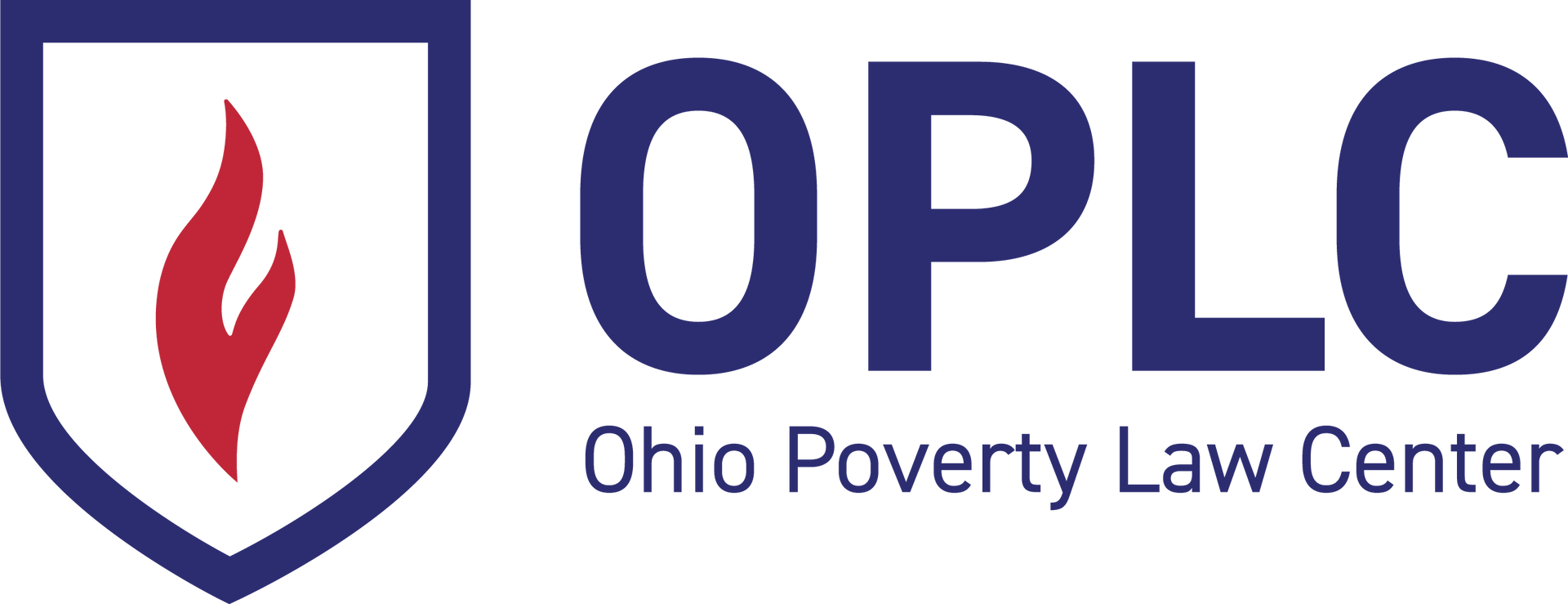DRUG TESTING PUBLIC BENEFITS RECIPIENTS IS AN ASSAULT ON THE POOR
The Ohio General Assembly recently proposed and later withdrew an amendment to the Midbiennium Budget Review, House Bill 487, requiring that all new applicants for Ohio Works First (OWF) for whom there is “reasonable cause to suspect . . . chemical dependence”, be tested, at their own expense, for illegal drug use. If such drug use was found, or if the individual did not cooperate, their OWF benefits could be cut or they could be required to have their benefits paid to a non-relative “protective payee” who would manage the OWF benefits for the entire assistance group. If the test did not find illegal drugs, the agency would reimburse the applicant for the cost of the test.
There is also an even stricter bill still pending in the Ohio Senate. Senate Bill 69 requires all applicants eighteen years of age or older for all need-based benefits (cash, food, medical, housing, or energy), but not Unemployment Compensation, to undergo a drug test, also at their own expense, to determine whether the applicant has a controlled substance abuse problem. Refusal to undergo a drug test will make the individual ineligible for benefits and preclude them from applying for the program again for at least 30 days.
Costs of the tests have been estimated to be between $15 and $60. Even the lower cost estimate would present a barrier for many Ohioans applying for assistance.
The Columbus Dispatch reported on May 18 that “Gov. John Kasich affirmed his support yesterday for a pilot program to drug-test some Ohio welfare recipients before they receive benefits, countering objections from critics that such a move would be discriminatory and punitive.”
Similar bills have been introduced in other states across the country. In Florida, early results from the state’s law requiring public benefits applicants to take a drug test have shown NO savings. And the Southern Center for Human Rights is already threatening to file a lawsuit to stop the program, which, of course, costs money to defend.
Studies in other states have also found that the percentage of public benefits recipients who abuse drugs is about the same as in the general population. Use of illegal drugs is a problem, but it is not a problem limited to, or concentrated in, the low-income community, so we should not be targeting low-income public benefits applicants for greater scrutiny.
It would be much better for Ohio to recognize substance abuse as a health issue and expand the availability of confidential drug treatment programs so that every Ohioan who needs assistance, regardless of where they live, could get that assistance without risk to their public benefits or other services.
OPLC is concerned about these proposals because they create a de facto application fee for OWF in Ohio that will act as a barrier to obtaining benefits, violate individual privacy rights, disproportionately affect people with disabilities, utilize unqualified County Department of Job and Family Services staff to conduct assessments, jeopardize family stability, and perpetuate the stereotype that all or most welfare recipients are drug users.
Because we expects this issue to surface again in future legislation, OPLC attorneys and summer interns will be researching legal challenges and social implications of drug testing bills. We are especially interested in the legal, constitutional, and privacy issues and the significance of creating an application fee for OWF in Ohio. We will share our research and findings over the summer.
